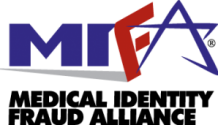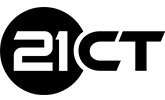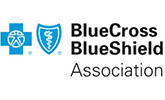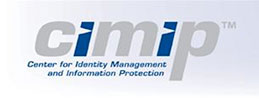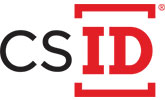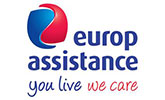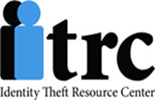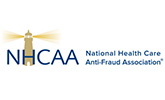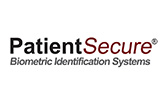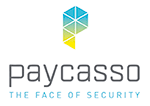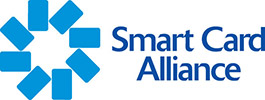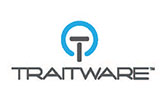Thieves use stolen personal data to get treatment, drugs, medical equipment.
Kathleen Meiners was puzzled when a note arrived last year thanking her son Bill for visiting Centerpoint Medical Center in Independence, Mo. Soon, bills arrived from the hospital for a leg-injury treatment.
But her son had never been there.
Someone had stolen Bill Meiners’s Social Security and medical-identification numbers, using them to get care in his name. If he had been injured, she would have known: Mr. Meiners, a 39-year-old convenience-store worker with Down syndrome, lives with his parents in south Kansas City.
In a twist on identity theft, crooks are using personal data stolen from millions of Americans to get health care, prescriptions and medical equipment.
Victims sometimes only find out when they get a bill or a call from a debt collector. They can wind up with the thief’s health data folded into their own medical charts. A patient’s record may show she has diabetes when she doesn’t, say, or list a blood type that isn’t hers—errors that can lead to dangerous diagnoses or treatments.
Such identity theft has led about 40 companies, including Blue Cross Blue Shield Association and Aetna Inc., to form the Medical Identity Fraud Alliance. Some hospitals have turned to biometric screening to confirm patient identities.
“Criminals still go after retail and banks,” says Ann Patterson, the alliance’s program director, “but the shift is into health care.”
Click here to read the full article.
Click here to watch the related news video.
Click here for 5 Things: Medical Identity Theft and How to Avoid It.
August 7, 2015 by Stephanie Armour, The Wall Street Journal
